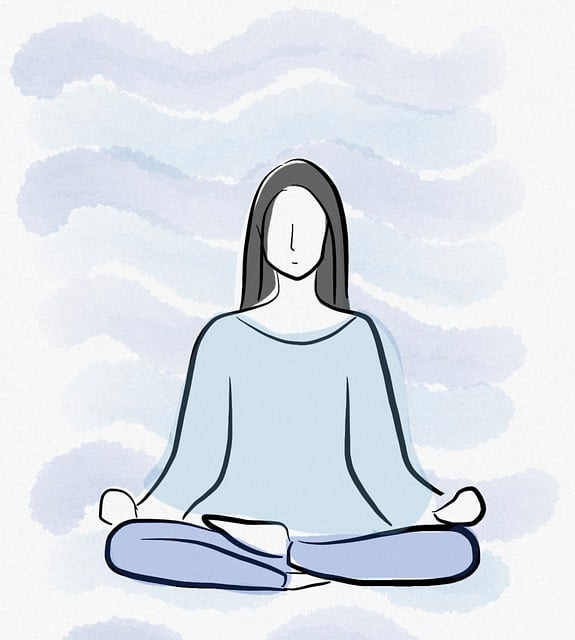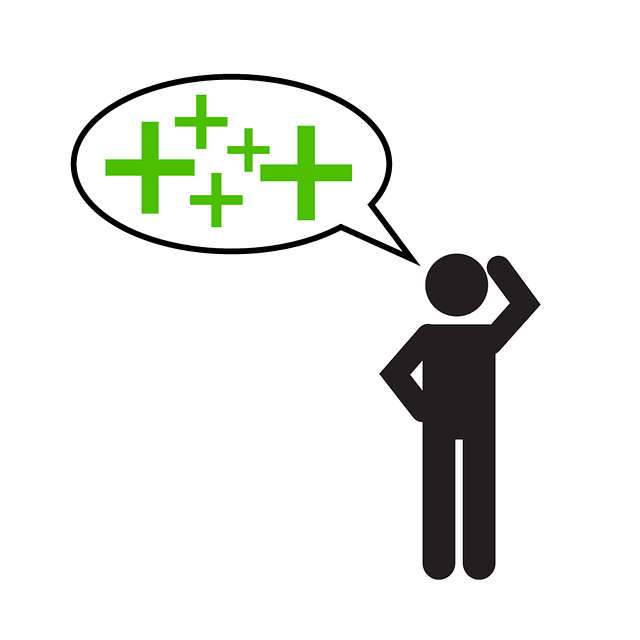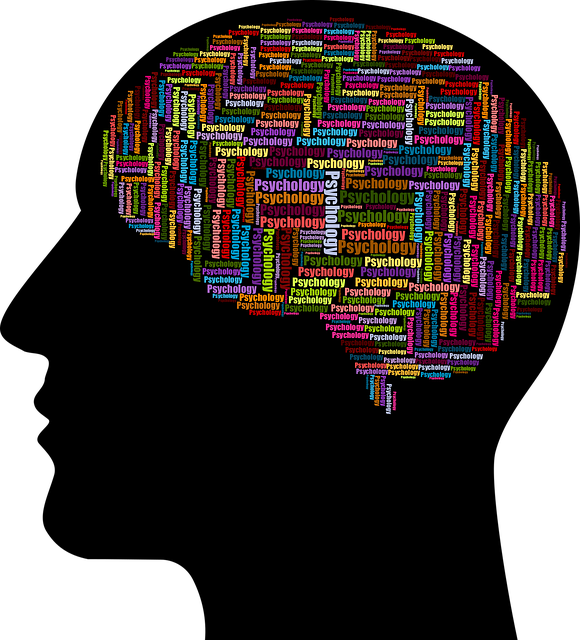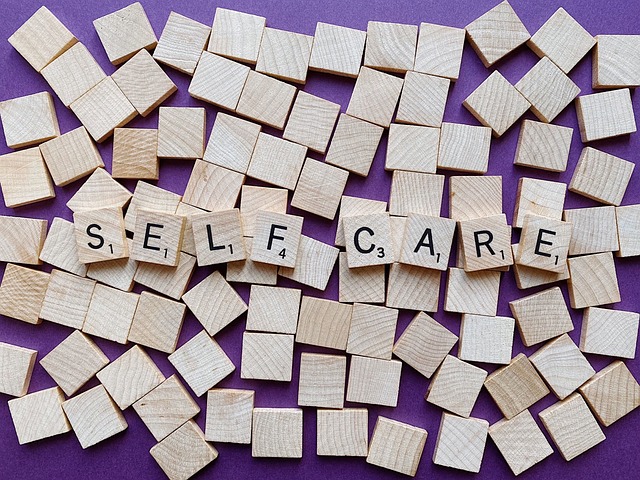Holistic mental health approaches treat individuals as a blend of mind, body, and spirit, emphasizing their interconnectedness. Unlike traditional Western psychiatry, these methods incorporate physical health, emotional states, relationships, environmental influences, and spiritual beliefs to facilitate healing. Practices like mindfulness, yoga, nutritional counseling, exercise, and spiritual exploration empower people to manage their mental wellness holistically. Mind therapy, including cognitive techniques and CBT, aids in achieving emotional well-being and personal growth. The mind-body connection is crucial, with physical well-being influencing mental and emotional states. Spiritual practices, such as meditation, mindfulness, and gratitude journaling, provide purpose and inner peace. Natural remedies, including herbal supplements and energy healing, complement conventional therapy by focusing on the mind-body-spirit connection. Mindfulness and meditation calm minds, reduce stress, and enhance overall well-being. Energy healing recognizes the body's energetic system and aims to restore harmony. Holistic mental health care is gaining popularity as an effective, interconnected approach to well-being in today's fast-paced world.
“In today’s fast-paced world, prioritizing holistic mental health is more crucial than ever. This comprehensive guide explores transformative mind-body-spirit therapy approaches, offering a diverse toolkit for optimal wellness. From cognitive techniques and physical well-being to spiritual practices and energy healing, each section delves into ancient wisdom and modern science, providing practical insights. Understanding the interconnectedness of mind, body, and spirit is key to unlocking mental resilience. Embrace a holistic perspective and discover natural remedies, mindfulness practices, and emerging trends in modern therapy.”
Understanding Holistic Mental Health: A Comprehensive Approach

Holistic mental health approaches view an individual as a complex interplay of mind, body, and spirit, each interconnected and influencing the others. Unlike traditional Western psychiatry that often focuses solely on the brain and its chemical imbalances, holistic therapy recognizes the importance of addressing all aspects of a person’s well-being for lasting healing and transformation. This includes considering physical health, emotional states, relationships, environmental factors, and spiritual beliefs as integral parts of mental wellness.
By adopting a comprehensive approach, holistic mental health practices aim to treat the whole person. For instance, therapy might involve stress reduction techniques like mindfulness or yoga alongside cognitive-behavioral strategies for managing negative thought patterns. Nutritional counseling and exercise routines can also be integrated to support physical health and energy levels, while exploring spiritual practices may help individuals find meaning and purpose. This holistic perspective empowers individuals to take control of their mental well-being in a balanced and interconnected way.
Mind Therapy: Unlocking the Power of Cognitive Techniques

Mind therapy, a cornerstone of holistic mental health, focuses on cultivating awareness and shifting perspectives through cognitive techniques. By exploring thought patterns and challenging negative beliefs, individuals can unlock new levels of emotional well-being and personal growth. This approach empowers people to become active participants in their healing journey, fostering resilience and self-acceptance.
Cognitive techniques employed in mind therapy range from mindfulness practices to cognitive behavioral therapy (CBT). These tools help individuals identify and reframe limiting beliefs, replace them with positive affirmations, and develop healthier thinking habits. The ultimate goal is to create a more balanced and adaptive mindset, which can lead to improved mental flexibility, reduced stress, and enhanced overall holistic mental health.
Body-Mind Connection: The Role of Physical Well-being

The mind and body are intricately connected, and acknowledging this relationship is fundamental in holistic mental health practices. Physical well-being plays a pivotal role in shaping our mental and emotional states. When we prioritize our bodies through healthy habits like regular exercise, balanced nutrition, and adequate sleep, we lay the foundation for improved mental clarity and emotional resilience. These simple yet powerful acts of self-care contribute to reducing stress, enhancing mood, and boosting overall well-being.
In mind-body-spirit therapy, understanding this connection enables therapists to integrate physical techniques into treatments. Practices such as yoga, tai chi, or even simple mindful movement can help individuals cultivate a deeper sense of awareness, promoting relaxation and reducing symptoms of anxiety and depression. By addressing the body’s needs, these holistic mental health approaches recognize that physical health is not separate from, but an integral part of, overall wellness.
Spiritual Practices for Enhanced Mental Resilience

Incorporating spiritual practices into one’s routine is a powerful way to enhance holistic mental health and foster mental resilience. Spirituality offers a sense of purpose, connection, and inner peace, all of which are vital for maintaining a balanced mind-body-spirit relationship. Activities like meditation, mindfulness, yoga, and deep breathing exercises can serve as gateways to spiritual exploration. These practices quiet the mind, allowing individuals to tap into their innate wisdom and cultivate a deeper understanding of themselves and their place in the world.
Additionally, engaging in rituals or ceremonies, whether it’s keeping a gratitude journal, participating in community service, or connecting with nature, can provide a sense of transcendence and meaning. Such practices help individuals develop mental fortitude, enabling them to navigate life’s challenges with greater ease and adaptability. By integrating spiritual dimensions into therapy sessions, practitioners can offer a more comprehensive approach to holistic mental health, addressing the mind, body, and spirit as an interconnected whole.
Integration: Combining Mind, Body, and Spirit for Optimal Wellness

In the pursuit of optimal wellness, a holistic approach to mental health recognizes that mind, body, and spirit are intricately interconnected. Mind-body-spirit therapy integrates various therapeutic modalities to address all aspects of an individual’s well-being simultaneously. This comprehensive strategy acknowledges that emotional and psychological issues often manifest physically, reflecting deeper spiritual disconnection or unmet needs.
By combining techniques from psychotherapy, yoga, meditation, energy healing, and other holistic practices, this integrated approach facilitates a more profound sense of equilibrium. It encourages individuals to explore their thoughts, emotions, and physical sensations while cultivating a stronger connection with their inner selves and the world around them. This holistic mental health approach ultimately empowers individuals to achieve lasting well-being by nurturing the harmony among mind, body, and spirit.
Natural Remedies and Their Impact on Mental Health

In the pursuit of holistic mental health, natural remedies have gained significant traction as complementary approaches to traditional therapy. These remedies encompass a diverse range of practices, from herbal supplements and essential oils to mindfulness techniques and energy healing. Each method taps into the interconnectedness of the mind, body, and spirit, aiming to restore balance and promote overall well-being.
Herbal remedies, for instance, have been used for centuries to alleviate various mental health concerns. Plants like lavender, known for its calming properties, can help reduce anxiety and improve sleep quality. Similarly, St. John’s wort has been traditionally employed to manage mild to moderate depression. Essential oils, such as eucalyptus or lemon, offer aromatherapeutic benefits, enhancing mood and reducing stress through their invigorating scents. These natural interventions not only support mental health but also foster a sense of connection with the earth, contributing to a deeper sense of calm and resilience.
Mindfulness and Meditation: Calming the Mind and Cultivating Peace

Mindfulness and meditation are powerful tools within mind-body-spirit therapy, offering a journey towards holistic mental health. This practice involves training the mind to focus on the present moment, cultivating awareness without judgment. By calming the restless mind, individuals can find solace from the constant stream of thoughts and emotions that often contribute to stress and anxiety.
Meditation encourages a deeper connection between the mind and body, promoting relaxation and peace. It enables folks to observe their thoughts as mere mental events, fostering detachment and reducing their impact. This practice is a game-changer in managing stress, improving focus, and enhancing overall well-being. In today’s fast-paced world, taking time to breathe and meditate can be a revolutionary act, allowing individuals to navigate life’s challenges with greater clarity and inner peace.
Energy Healing: Unveiling the Hidden Energy Fields of the Body

Energy healing is a holistic approach to mental health that focuses on the unseen energy fields surrounding and within our bodies. This ancient practice believes that various energetic blockages or imbalances can contribute to physical, emotional, and mental ailments. By tapping into these subtle energy channels, practitioners aim to restore harmony and facilitate healing. Techniques may include laying on of hands, crystal healing, reiki, or other forms of energy work, each tailored to the individual’s unique needs.
This therapeutic method goes beyond the physical realm, acknowledging that our bodies are not just vessels but complex energetic systems. By addressing these energy fields, it aims to unlock profound healing potential and foster a deeper connection between mind, body, and spirit. In doing so, energy healing offers an alternative or complementary path towards holistic mental health and overall well-being.
Holistic Therapy in Modern Practice: A Growing Trend

In today’s fast-paced world, holistic therapy has emerged as a popular and effective approach to achieving optimal mental health. This ancient concept, which treats the mind, body, and spirit as interconnected entities, is now gaining momentum in modern healthcare practices. Holistic mental health care recognizes that psychological well-being is deeply tied to physical health and spiritual fulfillment, and it seeks to address all these aspects simultaneously.
The growing trend of holistic therapy involves integrating various natural healing methods, such as mindfulness, yoga, meditation, and energy healing, alongside traditional talk therapy. This comprehensive approach allows individuals to explore and heal at a deeper level, fostering a sense of balance and harmony. As more people seek alternative ways to manage stress, anxiety, and depression, holistic mental health practices are becoming increasingly accessible and accepted within the mainstream healthcare system.
